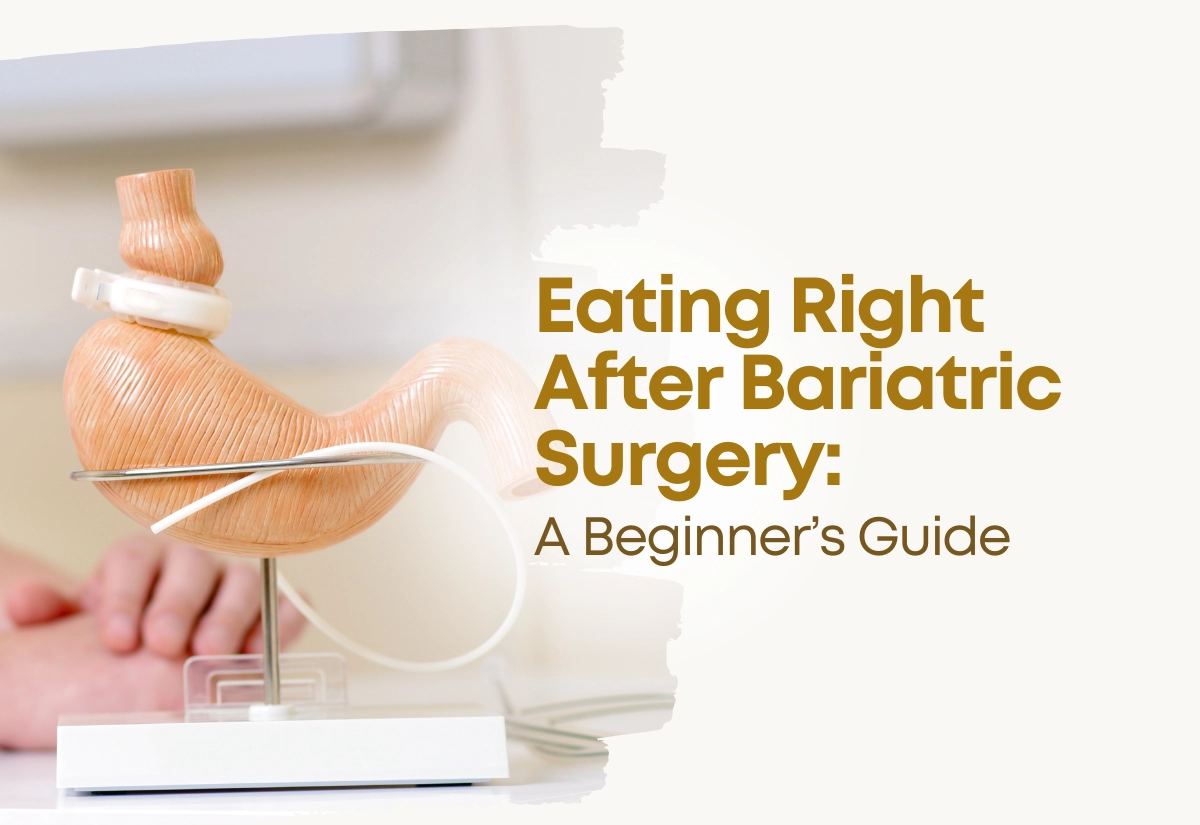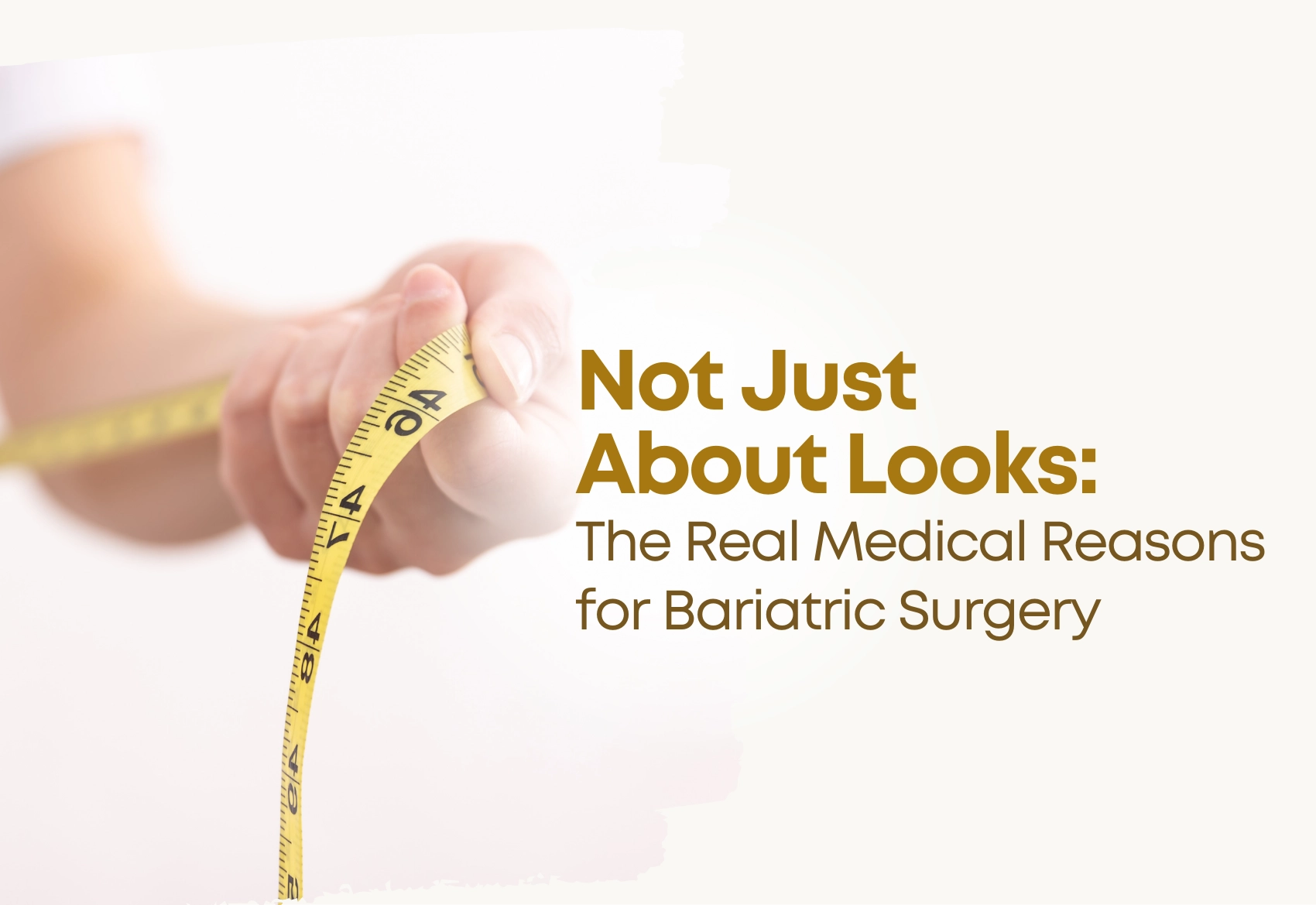
Eating Right After Bariatric Surgery: A Beginner’s Guide
by Ms Koh Bi Qi
Bariatric surgery has been proven effective in reversing metabolic syndrome and helping patients with obesity achieve a better quality of life. However, lasting results still depend on long-term changes in diet and exercise to ensure weight loss is both achieved and maintained.
After surgery, the stomach becomes much smaller than before, so eating habits must be adjusted to optimise the absorption of calories and nutrients.
On the day of surgery, once the patient has woken up from anaesthesia, only clear fluids are allowed. This is followed by a liquid diet for the first week. Liquid choices should provide sufficient energy, protein, and nutrients. Meal replacements with complete nutrition are often recommended.
In the second week, as the stomach begins to adapt, patients can move on to a soft diet. Once liquid foods are well tolerated, the stomach should be gradually introduced to soft-textured foods, with protein-based options being ideal. During this stage, it is advisable to continue with at least three servings of meal replacements daily and then slowly reduce them according to tolerance.
From the third week onwards, introducing normal-textured protein foods such as chicken, fish, and red meat may be challenging. It is important for the stomach to adapt to these textures, as the body will continue to need adequate protein for muscle maintenance, blood production, and other vital functions after meal replacements are phased out. Vegetarian patients should ensure sufficient intake of plant-based protein and may consider protein powders if necessary to meet their requirements.
By around one month after surgery, the stomach is usually well adapted to normal food textures. At this point, solid food should form the main diet. Multivitamin supplements are recommended in the early stages to reduce the risk of deficiencies. Combined with a structured exercise plan, weight loss can be optimised and maintained in the long term. Regular follow-up appointments with a dietitian are also important to review and adjust the dietary plan as needed.









